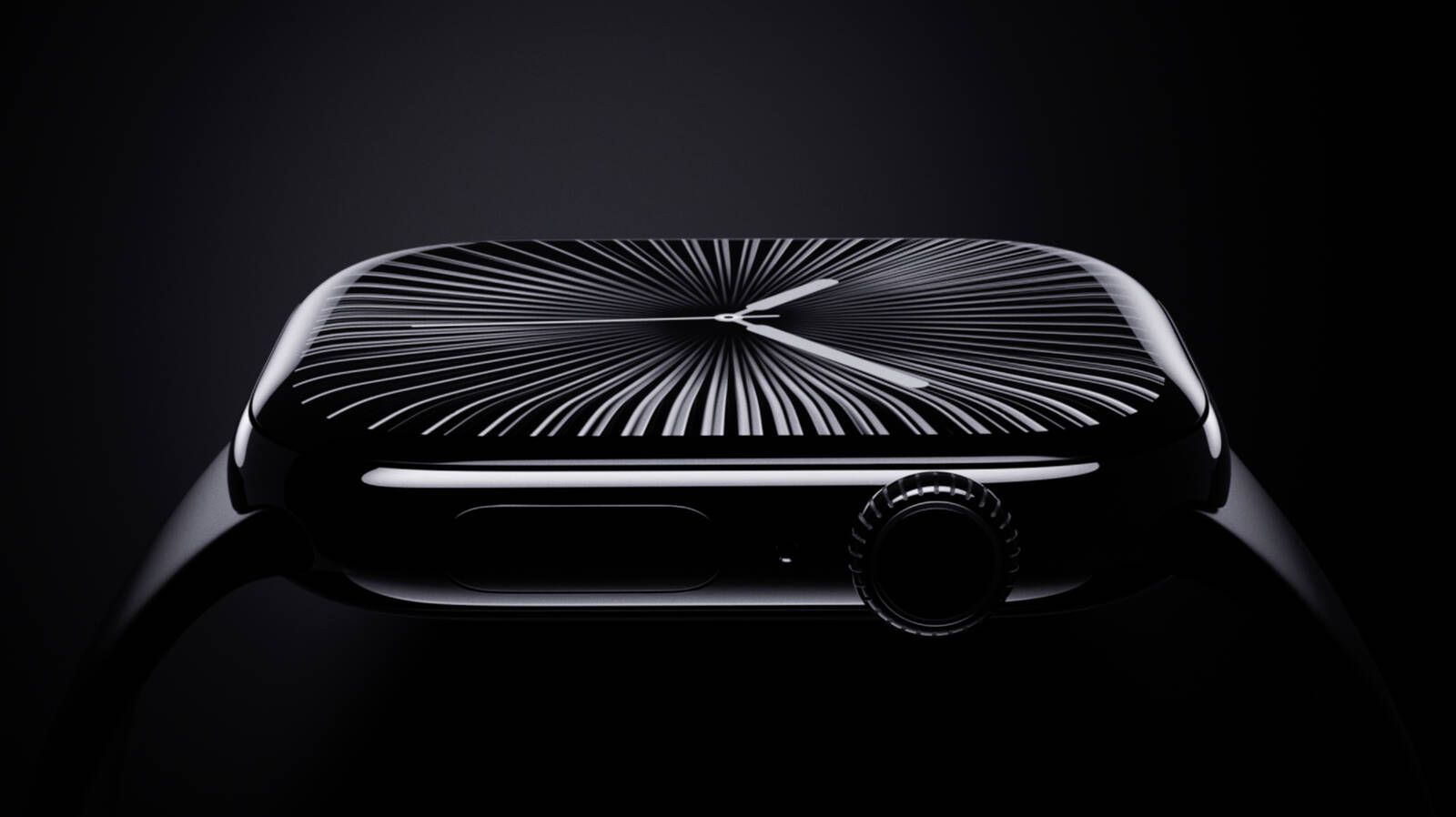 China’s Long March 2D rocket.
China’s Long March 2D rocket.
China has launched the archetypal 12 satellites of a planned 2,800-strong orbital supercomputer outer network, reports Space News. The satellites, created by the institution ADA Space, Zhijiang Laboratory, and Neijang High-Tech Zone, volition beryllium capable to process the information they cod themselves, alternatively than relying connected terrestrial stations to bash it for them, according to ADA Space’s announcement (machine-translated).
The satellites are portion of ADA Space’s “Star Compute” programme and the archetypal of what it calls the “Three-Body Computing Constellation,” the institution writes. Each of the 12 satellites has an onboard 8-billion parameter AI exemplary and is susceptible of 744 tera operations per 2nd (TOPS) — a measurement of their AI processing grunt — and, collectively, ADA Space says they tin negociate 5 peta operations per second, oregon POPS. That’s rather a spot much than, say, the 40 TOPS required for a Microsoft Copilot PC. The eventual extremity is to person a web of thousands of satellites that execute 1,000 POPs, according to the Chinese government.
The satellites pass with each different astatine up-to-100Gbps utilizing lasers, and stock 30 terabytes of retention betwixt them, according to Space News. The 12 launched past week transportation technological payloads, including an X-ray polarization detector for picking up little cosmic phenomena specified arsenic gamma-ray bursts. The satellites besides person the capableness to make 3D integer duplicate information that tin beryllium utilized for purposes similar exigency response, gaming, and tourism, ADA Space says successful its announcement.
The benefits of having a space-based supercomputer spell beyond redeeming communications time, according to South China Morning Post. The outlet notes that accepted outer transmissions are slow, and that “less than 10 per cent” of outer information makes it to Earth, owed to things similar constricted bandwidth and crushed presumption availability. And Jonathan McDowell, a abstraction historiographer and astronomer astatine Harvard University, told the outlet, “Orbital information centres tin usage star powerfulness and radiate their vigor to space, reducing the vigor needs and c footprint.” He said some the US and Europe could transportation retired akin projects successful the future, writes SCMP.
 (2).png)











 English (US) ·
English (US) ·